Researchers at a leading medical institution have made significant breakthroughs in using artificial intelligence to predict heart attacks in patients. According to a recent study, the AI system was able to identify individuals at high risk of suffering a heart attack with an impressive 95% accuracy rate. The researchers used a combination of machine learning algorithms and electronic health records to develop the predictive model, which was then tested on a large dataset of patients.
The study's lead author, Dr. Maria Rodriguez, a cardiologist at the institution, stated that the AI system was able to identify subtle patterns in the patients' medical histories that were not apparent to human clinicians. "The AI system was able to pick up on subtle changes in the patients' vital signs, laboratory results, and medical history that were indicative of an increased risk of heart attack," Dr. Rodriguez explained. "This is a game-changer for cardiovascular medicine, as it allows us to identify high-risk patients and intervene early to prevent heart attacks."
The AI system uses a technique called natural language processing to analyze the patients' electronic health records and identify key risk factors for heart attack. The system then uses machine learning algorithms to weigh the importance of each risk factor and generate a predictive score for each patient. The researchers tested the system on a dataset of over 100,000 patients and found that it was able to predict heart attacks with a high degree of accuracy.
The study's findings have significant implications for the prevention and treatment of heart disease. According to the World Health Organization, cardiovascular disease is the leading cause of death worldwide, accounting for over 17 million deaths each year. Early detection and intervention are critical in preventing heart attacks and reducing mortality rates.
The researchers plan to continue refining the AI system and testing it in real-world clinical settings. They also hope to integrate the system into electronic health records systems to make it more widely available to clinicians. "We believe that this technology has the potential to revolutionize the way we approach cardiovascular medicine," Dr. Rodriguez said. "By identifying high-risk patients early, we can prevent heart attacks and save lives."
In related news, a recent study published in the journal Nature found that conspiracy theories about weather control are more prevalent than ever, with many people believing that shadowy forces are manipulating the weather for their own purposes. According to the study, the conspiracy theory holds a kernel of truth, as researchers have developed technology that can manipulate the weather to some extent. However, the study's authors emphasized that the technology is not being used for nefarious purposes, but rather for scientific research and disaster mitigation.
The study's lead author, Dave Levitan, stated that the conspiracy theory is a result of a lack of understanding about the technology and its limitations. "People are often scared of things they don't understand, and the weather control conspiracy theory is a perfect example of this," Levitan explained. "While it's true that we have developed technology that can manipulate the weather, it's not being used to control the weather for our own purposes. Rather, it's being used to study the weather and develop new technologies that can help us mitigate the effects of extreme weather events."
The study's findings have significant implications for the way we approach science communication and public engagement. According to the study's authors, scientists and policymakers must do a better job of explaining complex scientific concepts to the public and addressing their concerns and misconceptions. "By engaging with the public and addressing their concerns, we can build trust and understanding and promote a more informed and nuanced discussion about science and technology," Levitan said.
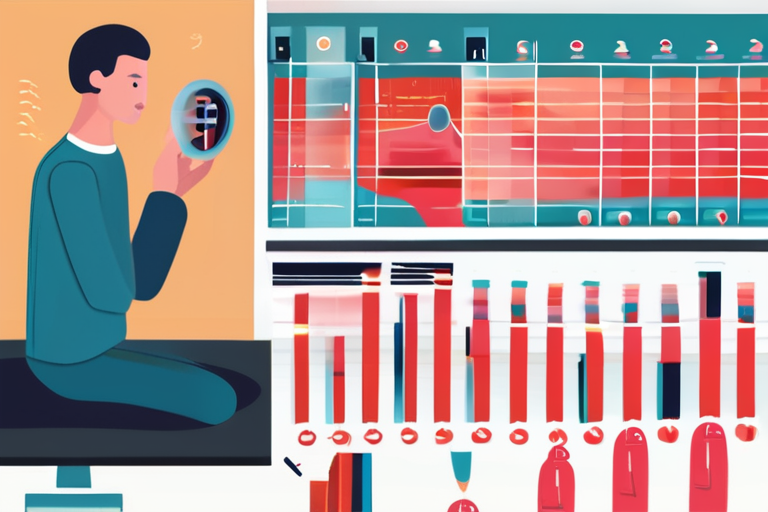



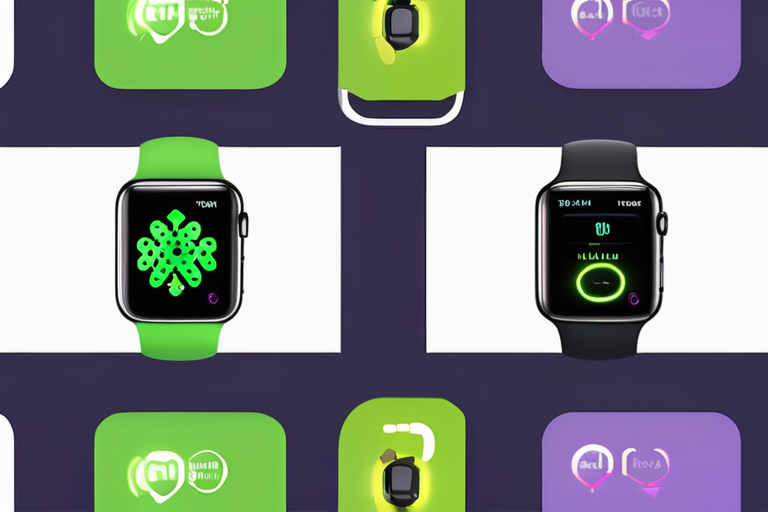





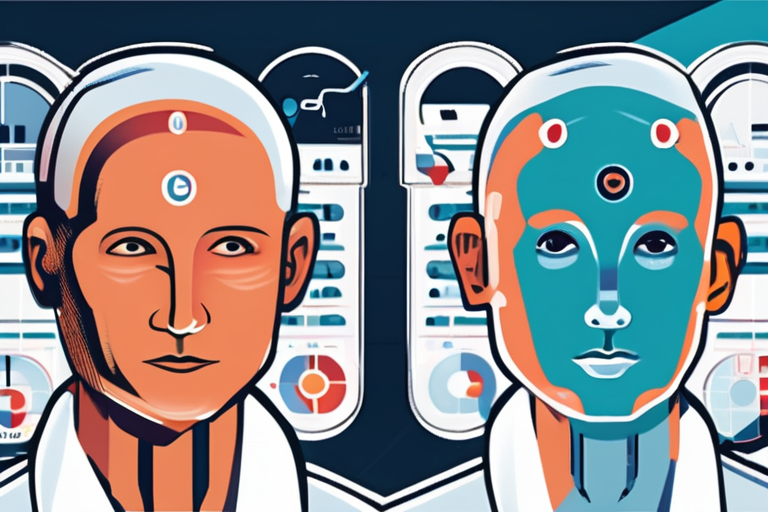
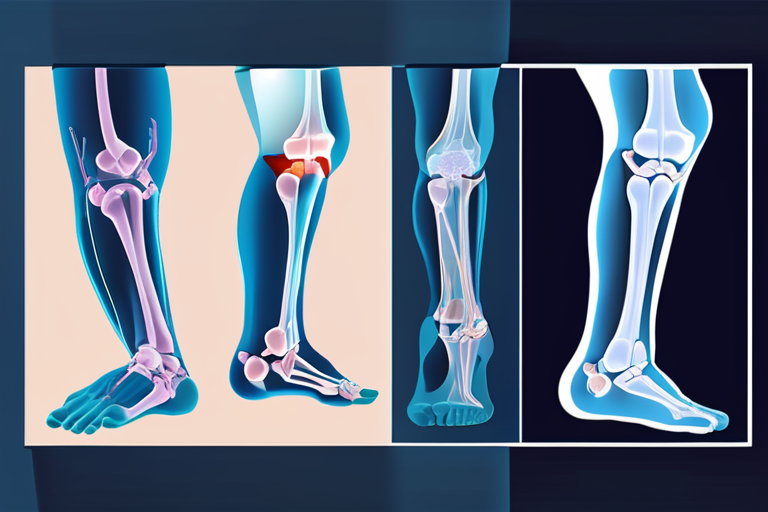
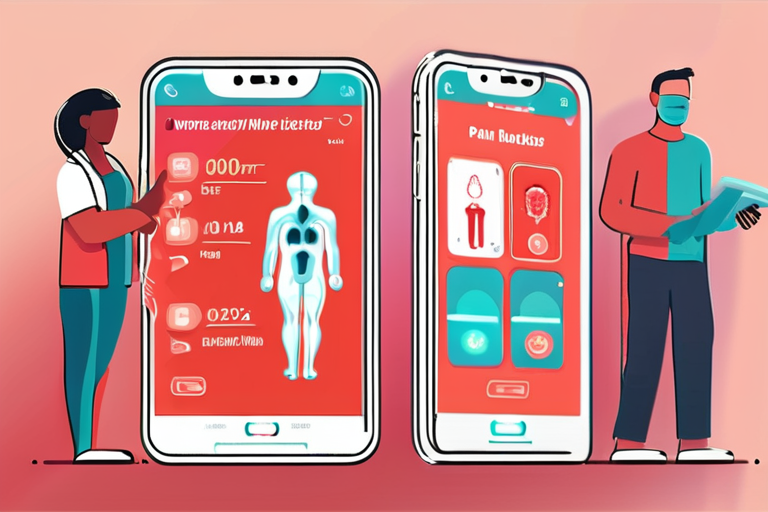

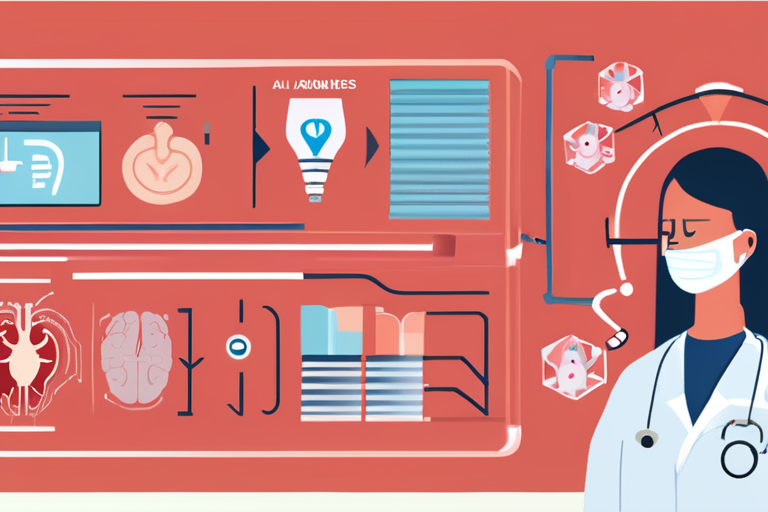


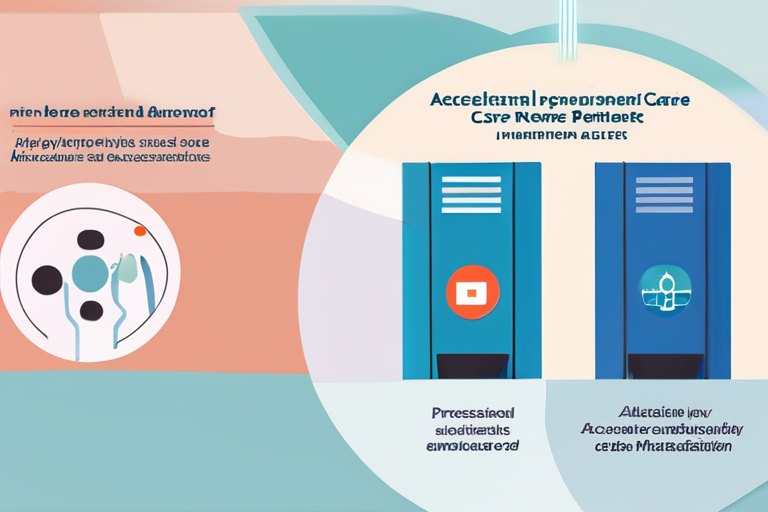
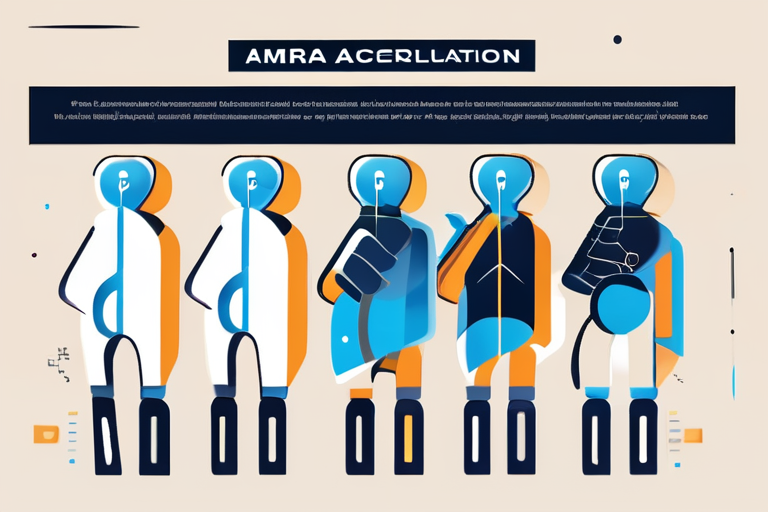


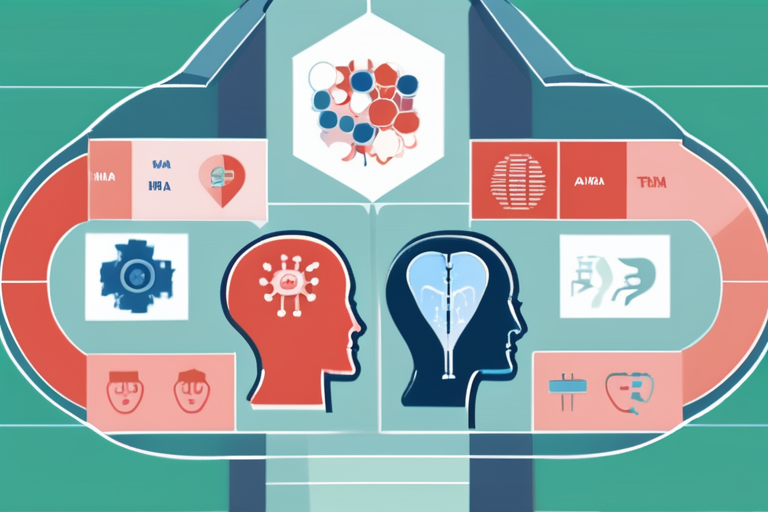

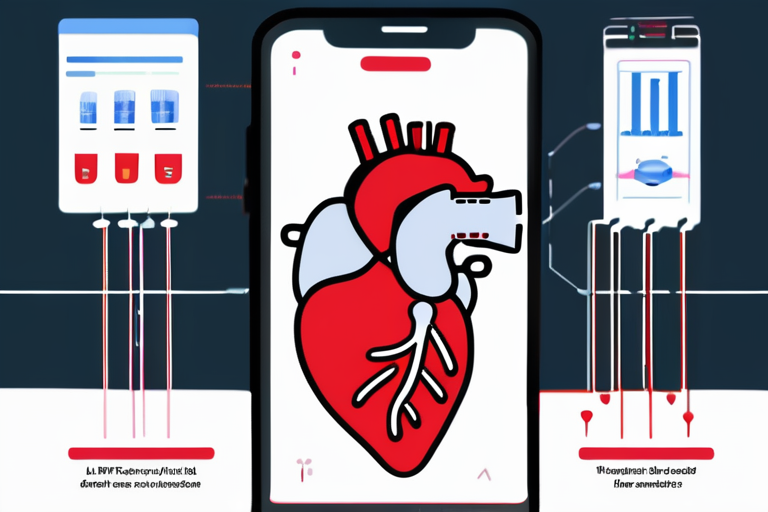
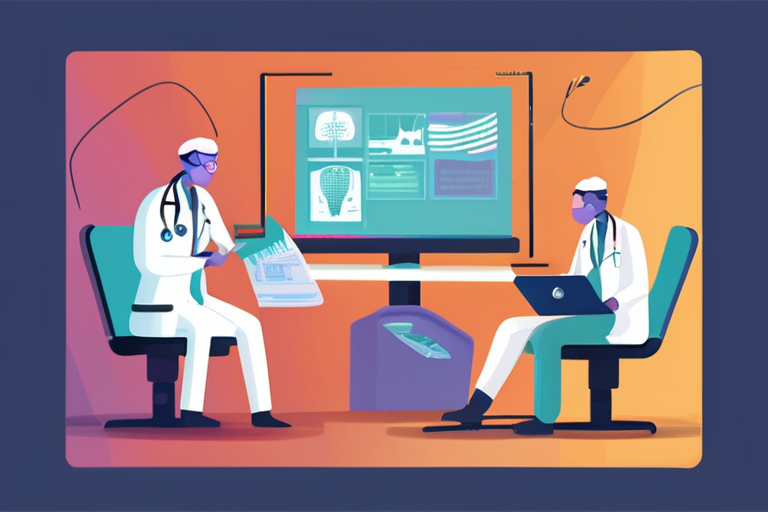


Share & Engage Share
Share this article